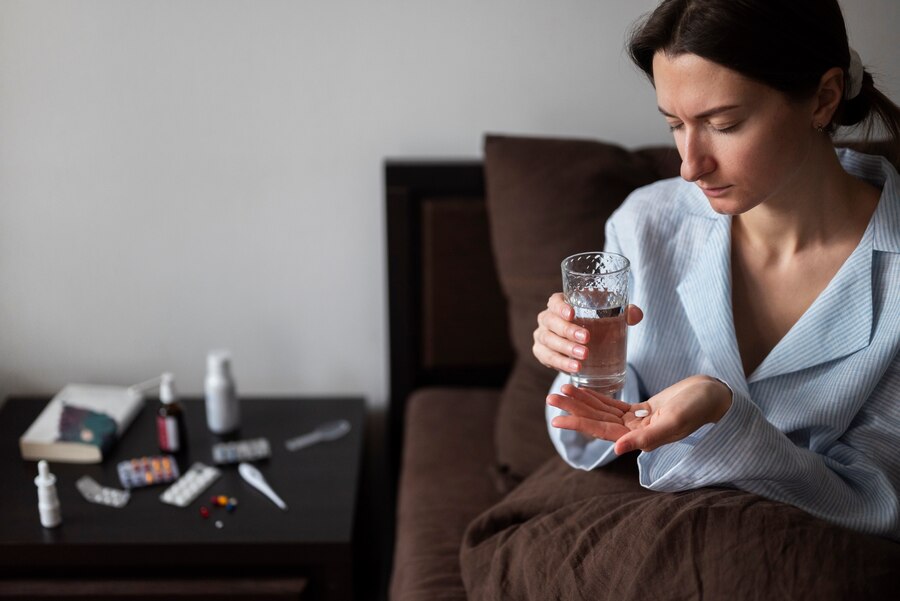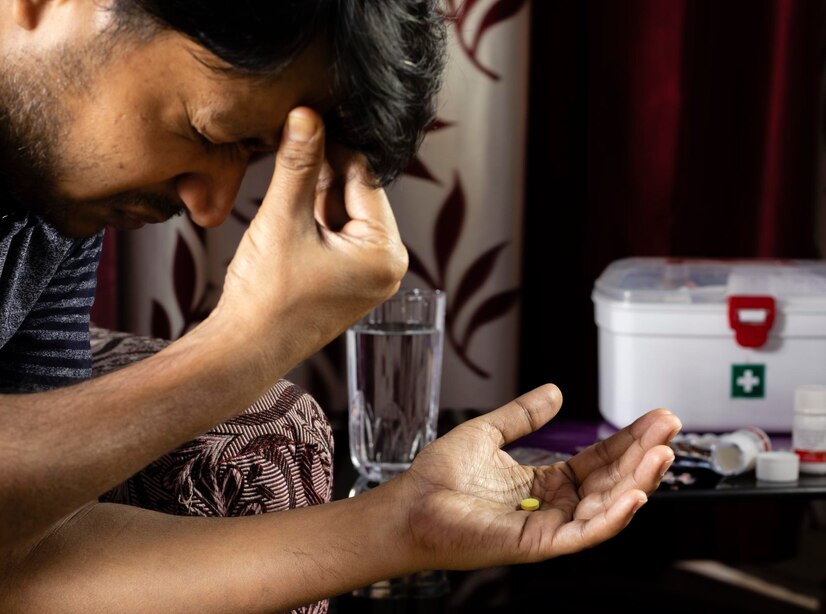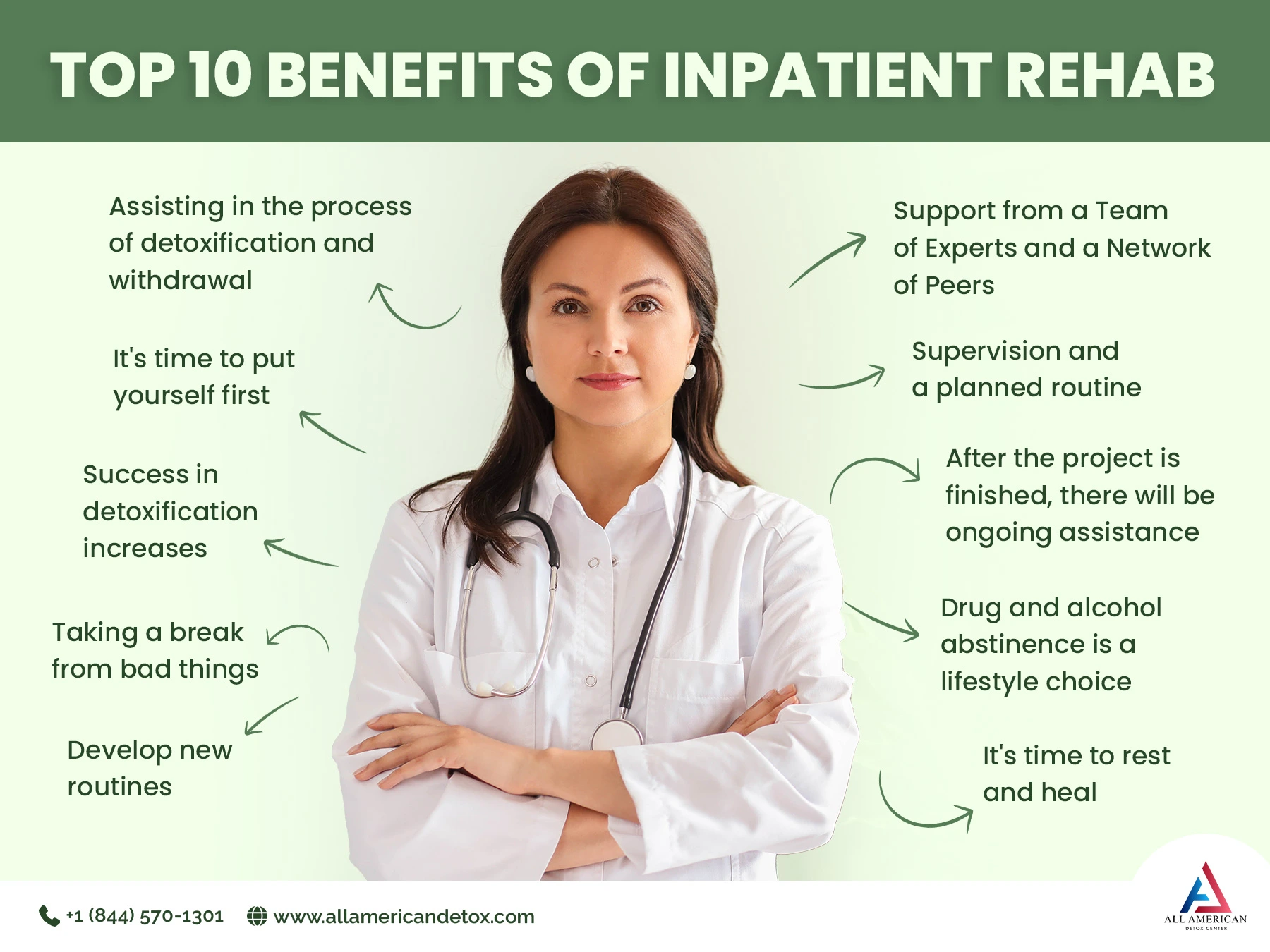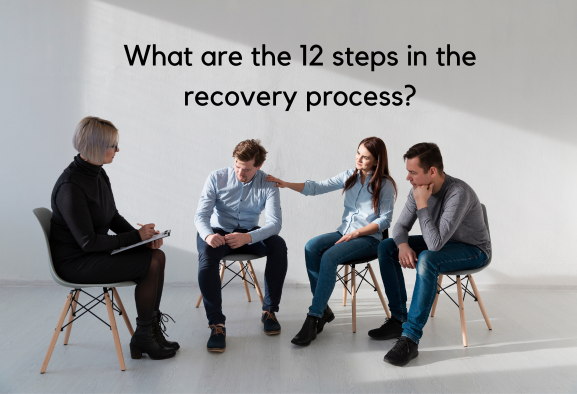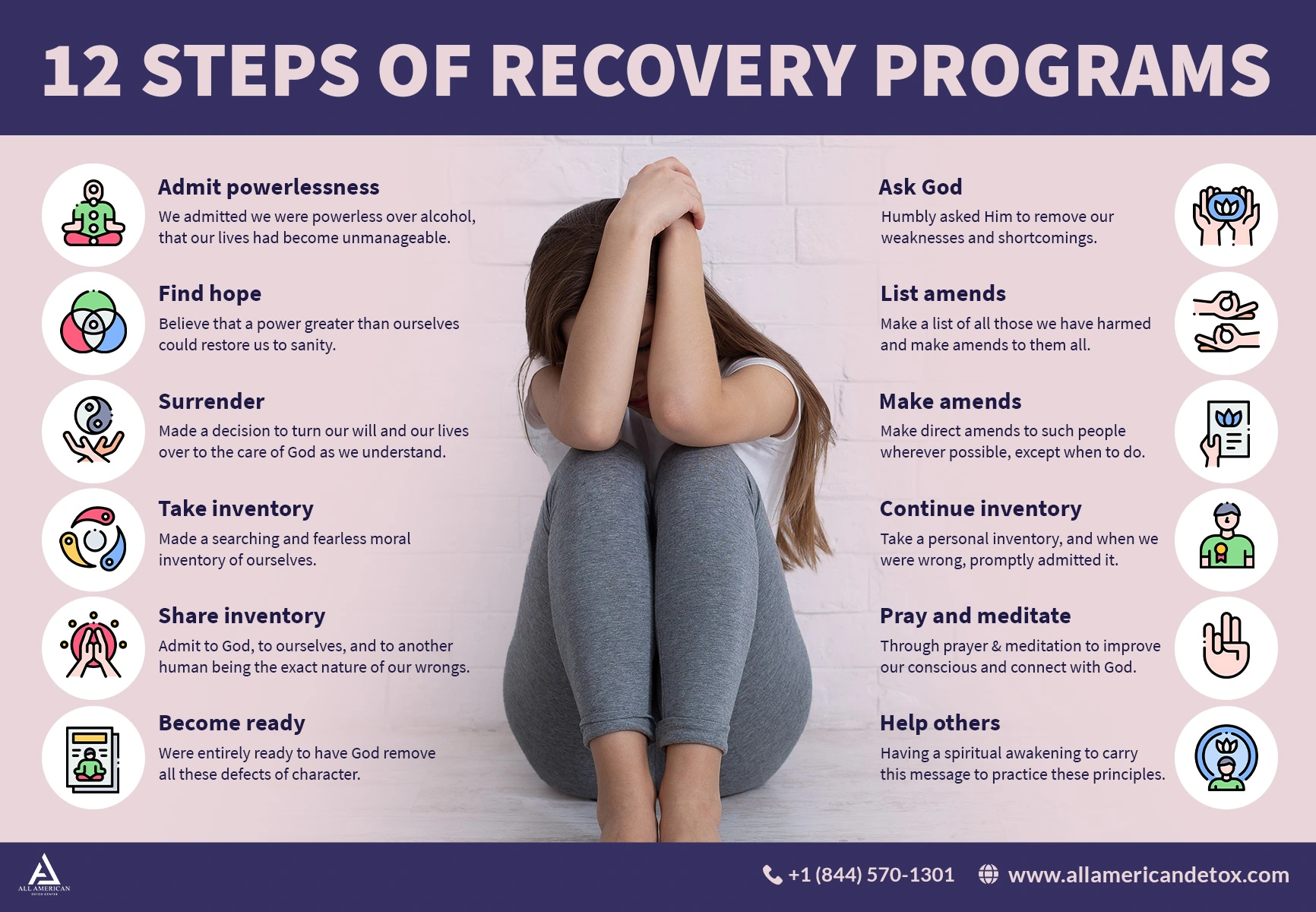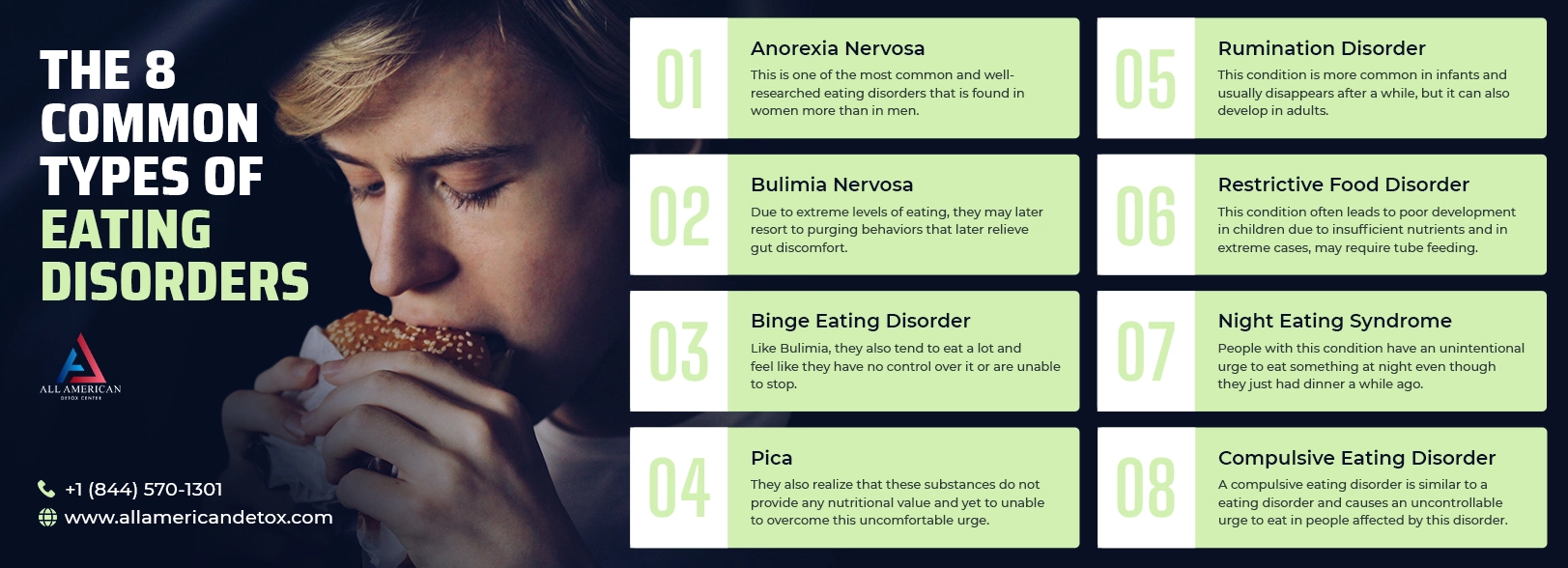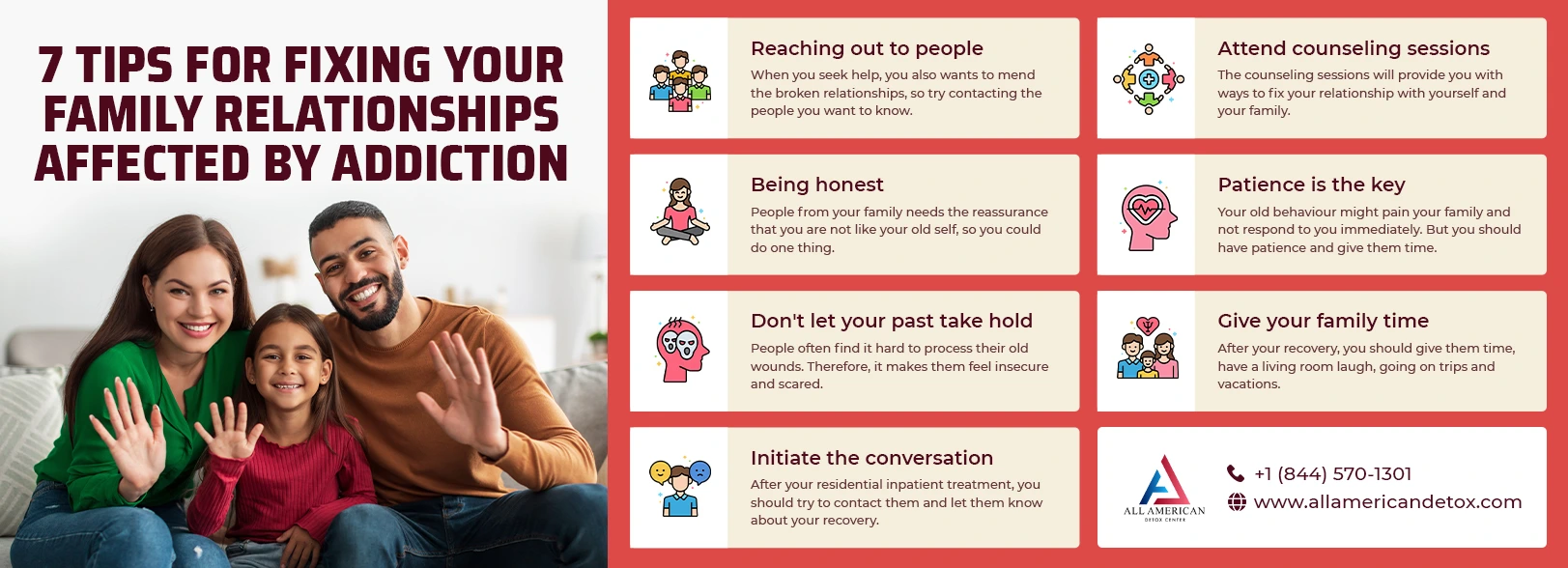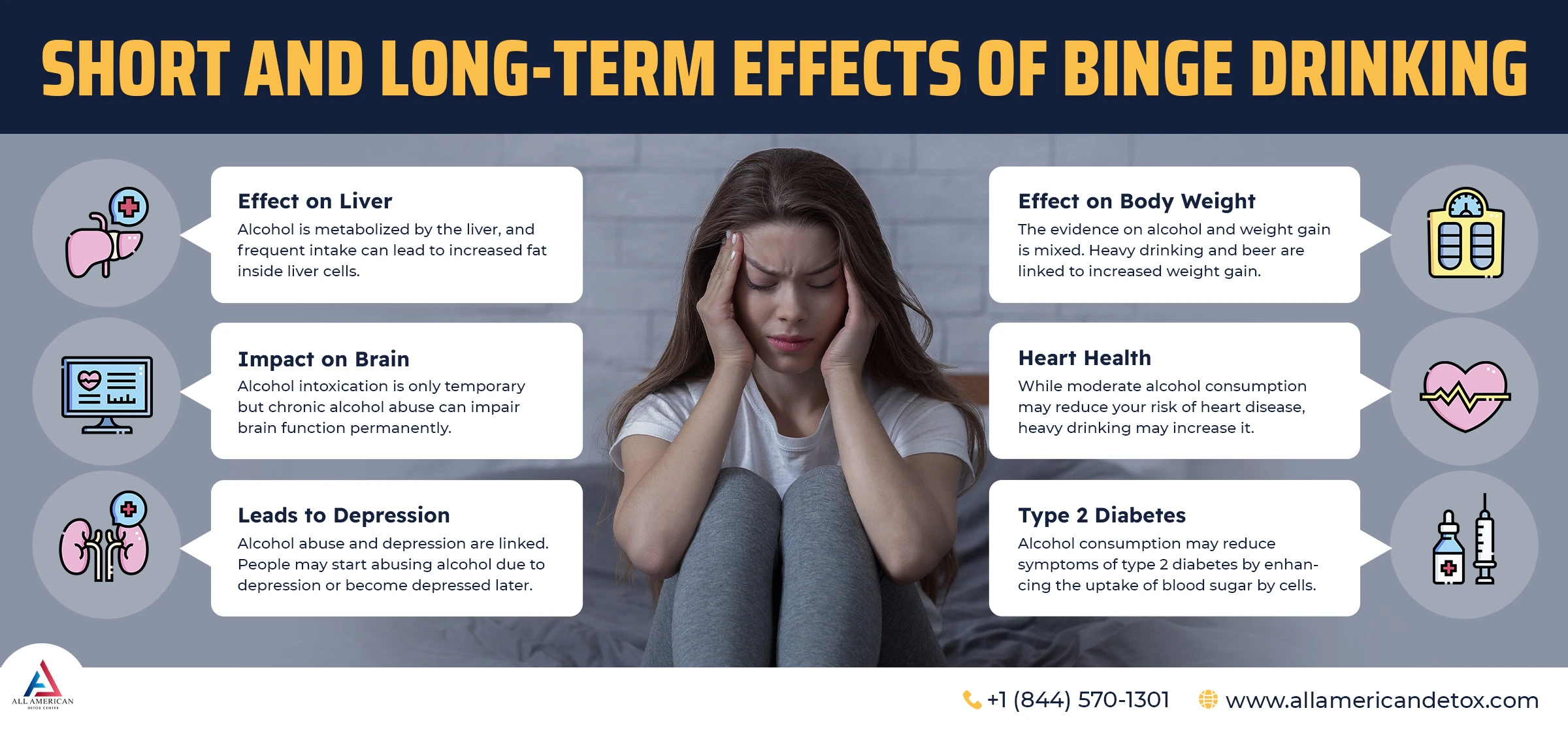All American Detox is committed to providing comprehensive substance abuse detox services in Los Angeles, California. Detoxification is a crucial first step in the recovery journey, aimed at safely removing harmful substances from the body and preparing individuals for further treatment. This guide explores the detoxification process at All American Detox, highlighting the medical supervision, supportive therapies, and holistic approaches that support a successful transition to long-term recovery.
Contact Us for Detox Services
What is Detoxification
Detoxification, commonly known as detox, is the process of clearing harmful substances from the body and managing withdrawal symptoms that occur when substance use is reduced or stopped. The goal of detox is to safely and effectively rid the body of toxins while minimizing discomfort and complications. Detoxification is often the first step in a comprehensive substance abuse treatment program and sets the stage for ongoing therapy and recovery.
At All American Detox, the detoxification process is tailored to the individual’s needs, considering factors such as the type of substance used, the duration of use, and any co-occurring medical conditions. The center’s approach emphasizes safety and comfort, ensuring that clients receive the appropriate care and support throughout their detox journey.
Detoxification Process
The detoxification process involves several key steps to ensure a smooth and effective transition from substance use to recovery. The process typically includes:
- Assessment: A thorough evaluation of the individual’s substance use history, medical background, and current health status to develop a personalized detox plan.
- Monitoring: Continuous monitoring of vital signs and symptoms to track progress and identify any potential complications.
- Support: Providing emotional and psychological support to help clients cope with the challenges of detoxification.
- Stabilization: Ensuring that the individual’s physical and mental health are stabilized before moving on to further treatment.
All American Detox employs a structured approach to detoxification, prioritizing safety and efficacy to help clients achieve a successful start to their recovery journey.
Medical Supervision
Medical supervision is a critical component of the detoxification process, ensuring that clients receive the necessary care and monitoring throughout their detox. All American Detox provides 24/7 medical supervision by a team of experienced healthcare professionals, including doctors, nurses, and addiction specialists.
Medical supervision includes:
- Assessment and Monitoring: Regular assessments of the client’s health and progress, including monitoring for withdrawal symptoms and any potential complications.
- Intervention: Prompt intervention and medical support if any health issues arise during the detox process.
- Coordination of Care: Collaboration with other healthcare providers to address any co-occurring medical or psychological conditions.
The medical team at All American Detox is dedicated to providing a safe and supportive environment, ensuring that clients receive the highest level of care throughout their detoxification.
Medication-Assisted Detox
Medication-assisted detox involves the use of medications to help manage withdrawal symptoms and cravings associated with substance withdrawal. These medications can help ease the detox process and reduce the risk of complications.
Common medications used in detox include:
- Opioid Agonists: Medications like methadone and buprenorphine are used to manage opioid withdrawal symptoms and reduce cravings.
- Benzodiazepines: Medications such as diazepam or lorazepam can help manage withdrawal symptoms from alcohol or benzodiazepines.
- Naltrexone: Used to block the effects of opioids and reduce cravings, often used in combination with other treatments.
All American Detox provides medication-assisted detox under the guidance of medical professionals, ensuring that medications are administered safely and effectively to support the client’s recovery.
Withdrawal Management
Managing withdrawal symptoms is a key aspect of the detoxification process. Withdrawal symptoms can vary depending on the substance used and the individual’s health status. Common symptoms may include nausea, anxiety, sweating, tremors, and insomnia.
All American Detox employs a range of strategies to manage withdrawal symptoms, including:
- Medications: Administering medications to alleviate symptoms and reduce discomfort.
- Supportive Care: Providing comfort measures and emotional support to help clients cope with withdrawal symptoms.
- Monitoring: Regular monitoring of symptoms to adjust treatment as needed and ensure safety.
Effective withdrawal management helps clients navigate the detox process more comfortably and sets the foundation for successful ongoing treatment.
Supportive Therapies
Supportive therapies play an important role in the detoxification process by addressing the emotional and psychological aspects of substance abuse. These therapies can help clients manage stress, build coping skills, and prepare for further treatment.
Supportive therapies at All American Detox may include:
- Counseling: Individual or group counseling sessions to provide emotional support and explore underlying issues related to substance abuse.
- Psychoeducation: Providing information about substance abuse, recovery, and coping strategies.
- Support Groups: Facilitating participation in support groups to connect with others who have similar experiences.
These therapies help clients develop a positive mindset and enhance their readiness for the next stages of recovery.

Holistic Therapies
Holistic therapies complement traditional detox treatments by addressing the whole person—mind, body, and spirit. These therapies can promote overall well-being and support the detox process.
Holistic therapies offered at All American Detox may include:
- Mindfulness and Meditation: Techniques to reduce stress and promote relaxation.
- Yoga and Exercise: Physical activities to improve physical health and mental well-being.
- Nutritional Support: Guidance on healthy eating to support the body’s recovery and overall health.
Holistic therapies provide additional support and enhance the overall treatment experience, contributing to a more balanced and comprehensive approach to recovery.
Transition to Further Treatment
The transition from detox to further treatment is a critical phase in the recovery process. It involves planning and preparing for the next steps in the treatment journey, such as inpatient or outpatient rehab.
All American Detox supports clients in making a smooth transition by:
- Developing a Treatment Plan: Creating a personalized plan for ongoing treatment based on the individual’s needs and goals.
- Referral to Treatment Programs: Connecting clients with appropriate inpatient or outpatient rehab programs.
- Continuing Support: Providing resources and guidance to help clients adjust to their new treatment environment.
A successful transition sets the stage for continued recovery and long-term success.
Family Involvement
Family involvement can be a crucial aspect of substance abuse treatment and recovery. Engaging family members in the process can provide additional support and improve treatment outcomes.
All American Detox encourages family involvement by:
- Family Counseling: Offering counseling sessions to address family dynamics and improve communication.
- Education: Providing information to family members about substance abuse and the recovery process.
- Support Groups: Facilitating support groups for families to connect with others in similar situations.
Involving family members in the treatment process helps to strengthen the support network and foster a positive recovery environment.
Aftercare and Support
Aftercare and ongoing support are essential for maintaining recovery and preventing relapse. All American Detox provides resources and support to help clients continue their journey after detox.
Aftercare services may include:
- Continued Therapy: Ongoing counseling and therapy to address any emerging issues and support long-term recovery.
- Support Groups: Participation in support groups to maintain connections with others in recovery.
- Relapse Prevention: Strategies and resources to help clients manage triggers and maintain sobriety.
Comprehensive aftercare ensures that clients have the support they need to achieve lasting recovery and live a fulfilling life.
Substance Abuse Detox in Los Angeles at All American Detox
Detoxification is a critical step in overcoming substance abuse, and All American Detox provides a comprehensive and supportive approach to detox in Los Angeles, California. With a focus on medical supervision, medication-assisted detox, supportive and holistic therapies, and thorough aftercare, All American Detox is dedicated to helping individuals achieve a successful start to their recovery journey. By addressing the physical, emotional, and psychological aspects of detoxification, All American Detox prepares clients for long-term success and a healthier, substance-free life. Contact us today to learn more about our detox programs and how we can support you on your path to recovery.
FAQs
All American Detox offers compassionate and effective substance abuse detox in Los Angeles County. Here are some frequently asked questions to guide you:
1. What is substance abuse detox, and why is it important?
Answer: Substance abuse detox is the process of safely withdrawing from drugs or alcohol under medical supervision. It’s crucial for managing withdrawal symptoms and preventing complications, setting the stage for long-term recovery.
2. What substances can be treated through detox at All American Detox in Los Angeles, California?
Answer: Our detox program in Los Angeles County addresses a range of substances, including alcohol, opioids, benzodiazepines, cocaine, and other drugs. We offer personalized care tailored to your specific needs.
3. How long does detox typically last at All American Detox in Los Angeles County?
Answer: The duration of detox varies depending on the substance and individual factors. Typically, it ranges from 3 to 7 days, but personalized care plans may adjust this timeline.
4. What can I expect during detox at All American Detox in Los Angeles County?
Answer: Our detox program includes medical evaluation, medication-assisted treatment (MAT) when appropriate, 24/7 monitoring, and supportive care to ensure a safe and comfortable withdrawal process.
5. Is detox painful?
Answer: Withdrawal symptoms can be uncomfortable, but our medical team in Los Angeles County uses medications and therapies to manage discomfort and provide a safe detox experience.
6. What are the benefits of undergoing detox at All American Detox in Los Angeles County?
Answer: Our program offers medical expertise, personalized care, a supportive environment, and transition planning to guide you through the next steps of your recovery journey.
7. What happens after I complete detox at All American Detox in Los Angeles County?
Answer: Our team will work with you to develop a personalized aftercare plan, including recommendations for further treatment or support groups to support your continued recovery.
8. Does insurance cover detox in Los Angeles County?
Answer: Many insurance plans cover detox treatment. All American Detox can assist in verifying your coverage and understanding your benefits.
9. Is detox confidential?
Answer: Absolutely. We prioritize patient confidentiality throughout the detox process. Your personal information is protected and kept secure.
10. How can I get started with detox at All American Detox in Los Angeles County?
Answer: Contact our admissions team for a confidential assessment. We’ll guide you through the process and answer any questions you may have. Your path to recovery begins here.

